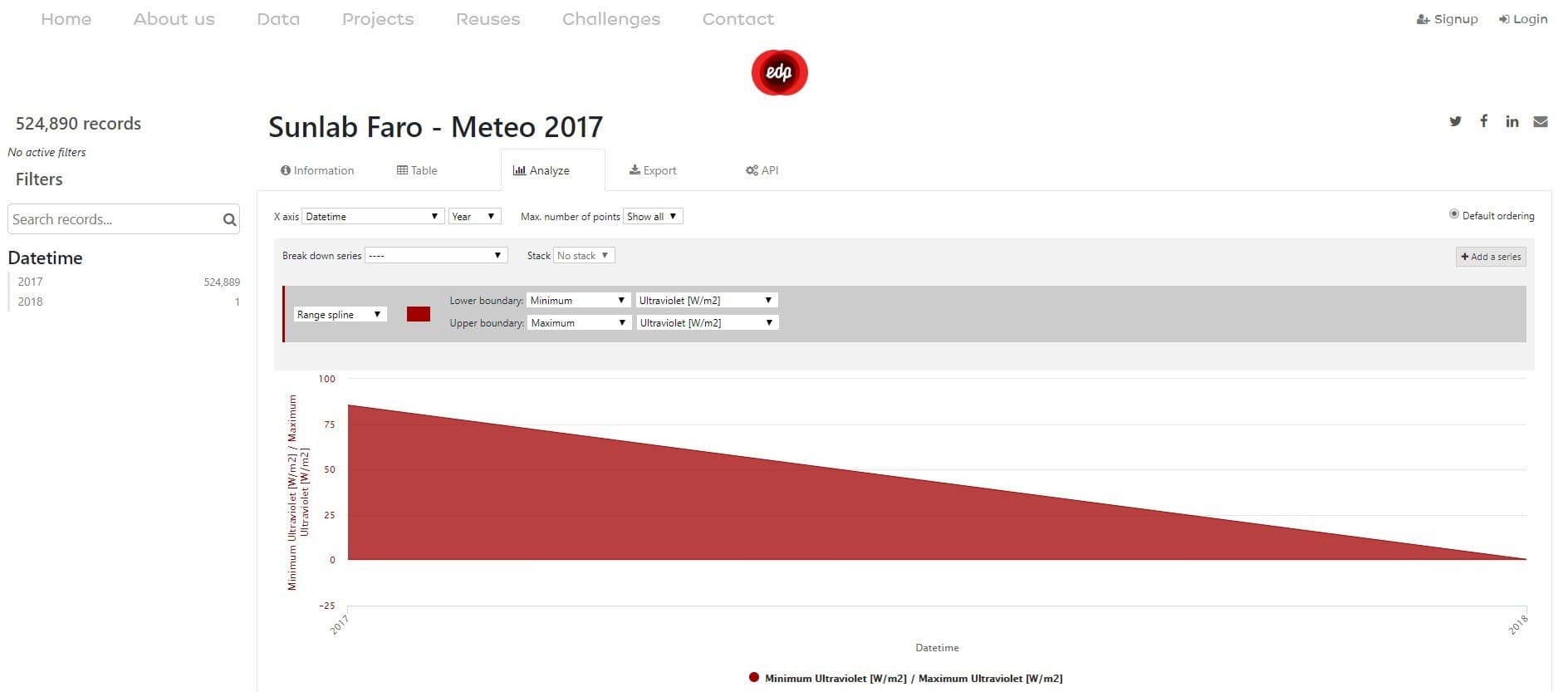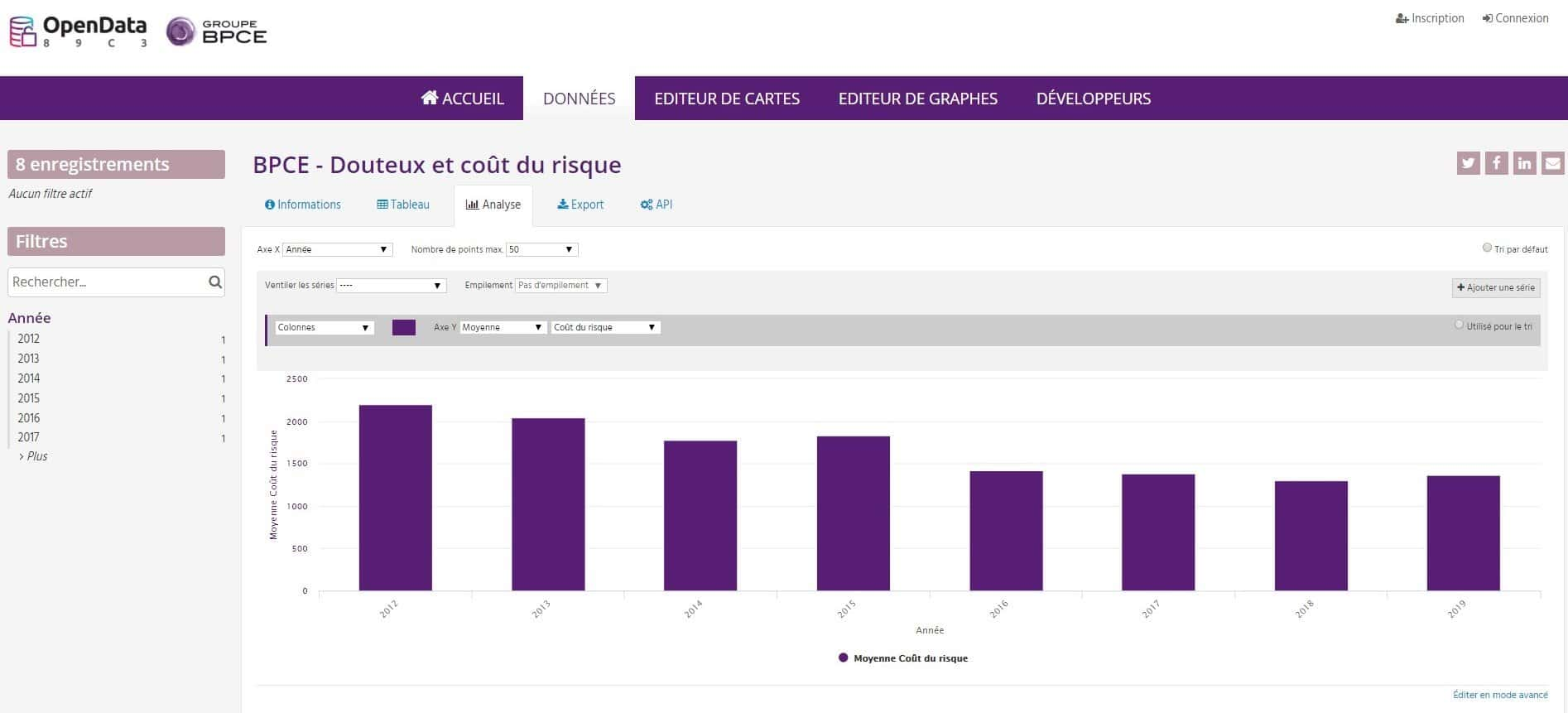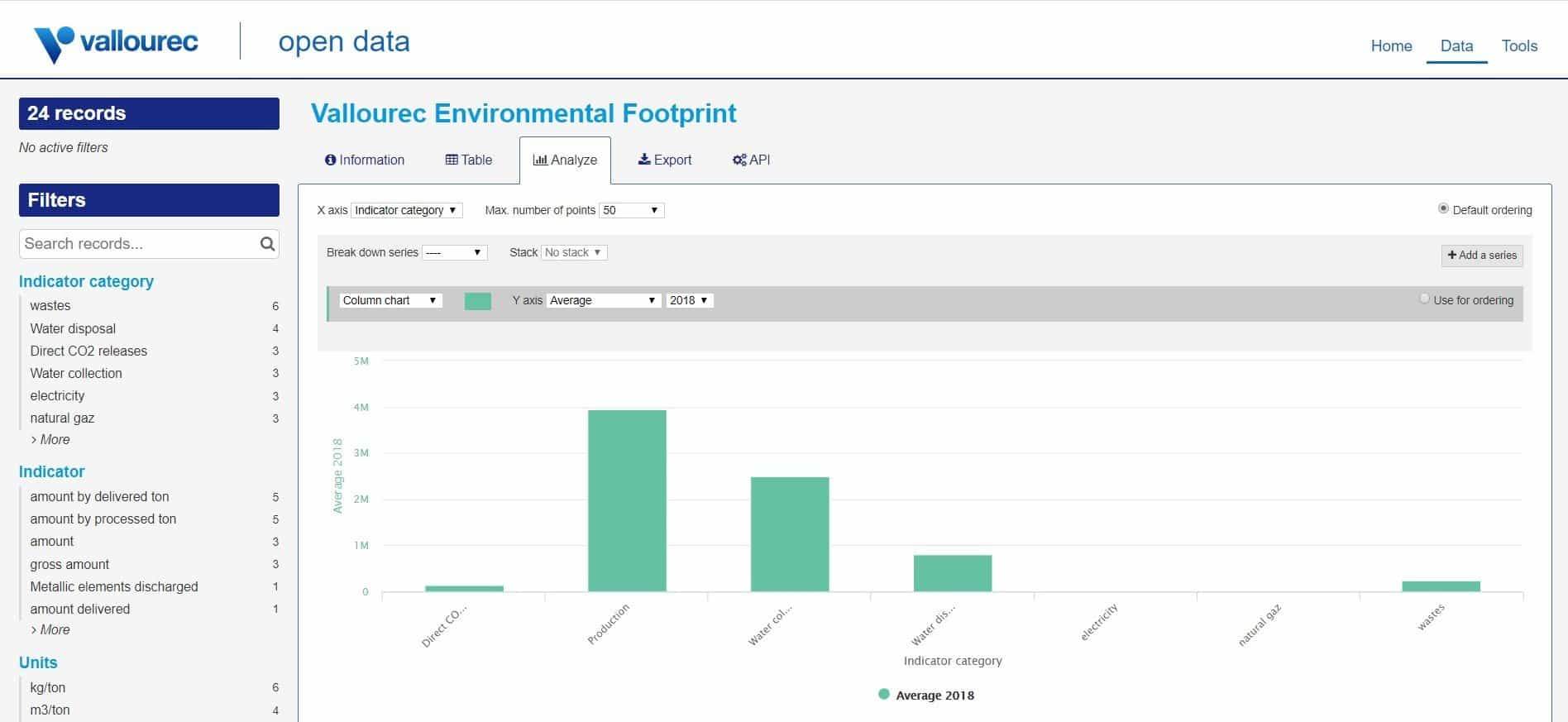5 Open Data Trends in Europe
Wondering how open data is taking open innovation to the next level? Read this article to discover the latest open data trends in 5 different sectors.

When you think about open data, your mind probably goes to governments, local administrations or some other public entity. Now, however, open data also gains momentum in the private sector.
Over the past 20 years, an increasing number of companies have embraced open innovation, sharing data and resources with universities, researchers and start-up incubators to accelerate research and development.
Open data is taking open innovation to the next level, as more and more firms choose to share their data with other players in their industry and the wider public. Read this article to discover the latest open data trends in 5 different sectors!
Open data in the energy sector
The Portuguese electricity giant EDP is a pioneer in the field. By partnering with Opendatasoft, EDP launched an open data portal, featuring operational information about its solar panel testing site SunLab and one of its wind farms. The aim is to encourage everyone, especially students, researchers and start-ups, to reuse the data for academic papers, new software or business ideas and to share their achievements on the platform.

EDP also uses the open data portal to share datasets during challenges – technical competitions for which anyone can register, and which are rewarded with a cash prize. The latest, for example, asked participants to find an algorithm to anticipate a problem known as “slagging” in thermal boiler plants. The winners were awarded €10,000!
Open data in the financial sector
This might come as a surprise. After all, you entrust banks with your money because you are confident that they will keep your data (and savings!) private and secure. But there are ways in which banks can safely share data.
One is open banking, a trend that has become a law under the European PSD2 Directive. It requires all institutions offering payment accounts to provide APIs to external payment service providers. This way, with the customer’s consent, customer bank data can be shared with authorized third parties (such as mobile payment app Lydia). Open banking allows you to keep your money in a traditional bank while also enjoying fintech services.
Another approach is that of BPCE, the first banking group in France to launch an open data portal. It contains over 57 databases with information about the bank and its subsidiaries, including the evolution of financial products, workforce diversity, ATM locations and carbon footprint. Personal and commercial information is not, of course, available: data is anonymized and aggregated before publication.

Open data in the green sector
The transition towards a circular economy has never been higher on Europe’s agenda – and the private sector is taking notice.
Afvalfonds Verpakkingen (Packaging Waste Fund), for example, is a Dutch not-for-profit consortium supporting businesses in meeting national recycling targets. It coordinates and monitors the collection, reuse, and recycling of waste. The Fund also gathers municipality-level information about its recycling system into an open data portal to help expert groups and researchers find ways to optimize its operations.
Another exciting initiative is InSymbio, a B2B marketplace for biowaste and raw material set up by Italian engineering company Rethink within the EU Open Data ODINE incubator. The platform allows businesses to set the price at which they want to buy or sell wood, vegetable or animal waste and to find a match based on their location. For example, agribusinesses can sell fruit waste to firms that transform it into plastic-like materials.
Open data in the industrial sector
Industrial companies may be latecomers to open data, but they are catching up fast.
One example is Aker BP, a Norwegian exploration and production company that has embraced open data to lead digitization in the oil and gas industry. It joined the Data Liberation Front and partnered with local software firm Cognite to launch the pioneering Open Industrial Data, a platform that provides maintenance and real-time operational data from one of Aker BP’s compressors. It aims at encouraging innovation in fields such as predictive maintenance and advanced visualization techniques.
Another prominent initiative is Open Manufacturing, a cloud-based environment where large industrial and supply chain companies can share open source components and data to develop innovative solutions. Launched by German carmaker BMW and Microsoft, the platform was recently joined by Bosch, parts manufacturer ZF Friedrichshafen and Belgian brewer Anheuser-Busch InBev. Partners are currently collaborating on edge and cloud IoT connectivity as well as semantic data modelling.
A different but not less groundbreaking action was undertaken by French tubes manufacturer Vallourec. Last year Vallourec partnered with Opendatasoft to launch an open data portal containing Corporate Social Responsibility information about three key areas: women employment, environmental impact and social indicators. It has since been expanded to include datasets about patents and trademarks. The portal is part of Vallourec’s digitization strategy and reflects the company’s commitment to transparency.

Open data in the agricultural sector
Speaking of traditional economic sectors, I could not but finish with two examples from agriculture.
Cropti is a Spanish start-up that relies on open data from the European Space Agency (ESA) to find which crops and parcels are more profitable. Since it launched, Cropti has grown into an established business offering farmers other software solutions, too, including soil exploitation dashboards and real time warehouse and costs tracking tools.
JoinData is to agriculture what Open Manufacturing is to industry. It’s a Dutch not-for-profit initiative launched by 3 companies and the Dutch agribusiness association. With this platform, farmers can centralize data from their sensors in one place. They can also choose what information to share and with what partners (suppliers, veterinaries, accountants, app developers…), thus boosting profitability, efficiency and innovation.



